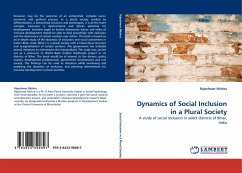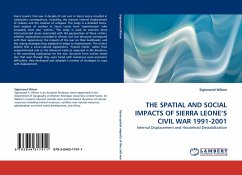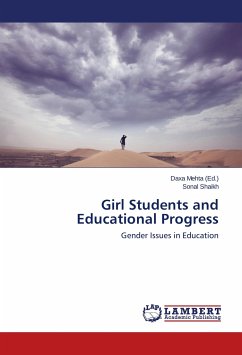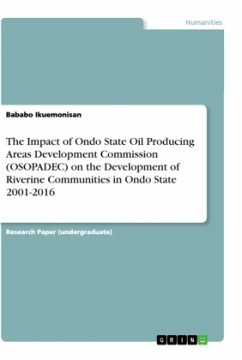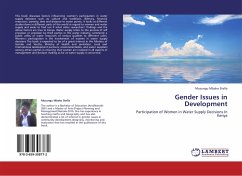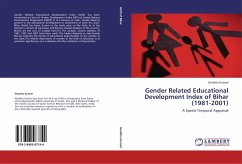
Gender Related Educational Development Index of Bihar (1981-2001)
A Spatio-Temporal Appraisal
Versandkostenfrei!
Versandfertig in 6-10 Tagen
52,99 €
inkl. MwSt.

PAYBACK Punkte
26 °P sammeln!
Gender Related Educational Development Index (GEDI) has been formulated on lines of Human Development Index (HDI) of United Nations Development Programme (UNDP). It is a measure of male female disparity present in the educational development or attainment of both the sexes. Bihar (India) has been chosen as the study area, as the State lie at the bottom in almost all education and literacy related statistics of the country. Blocks are the unit of analysis here.For the analysis, Census statistics of 1981, 1991 and 2001 have been used. The higher disparity in male-female literacy indicates the de...
Gender Related Educational Development Index (GEDI) has been formulated on lines of Human Development Index (HDI) of United Nations Development Programme (UNDP). It is a measure of male female disparity present in the educational development or attainment of both the sexes. Bihar (India) has been chosen as the study area, as the State lie at the bottom in almost all education and literacy related statistics of the country. Blocks are the unit of analysis here.For the analysis, Census statistics of 1981, 1991 and 2001 have been used. The higher disparity in male-female literacy indicates the denial of educational opportunities to the women in the state.The relative deprivation of women in the field of education is of particular significance as it underlines all other attributes of deprivation.



